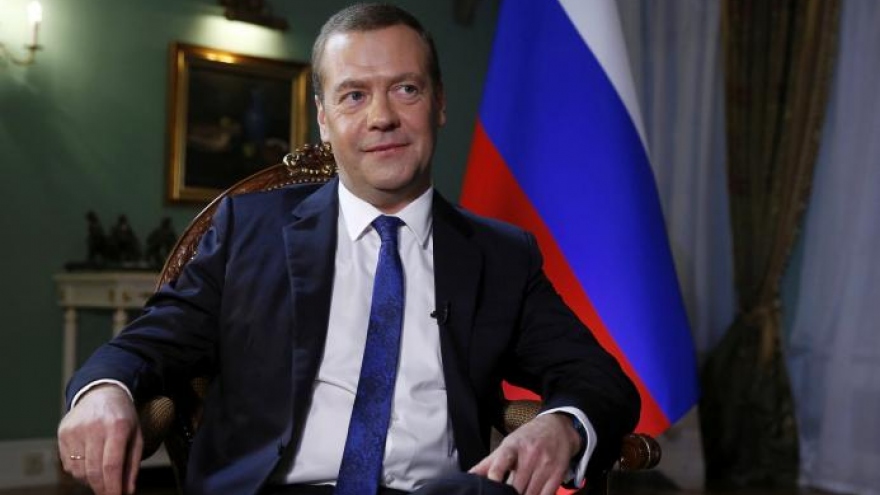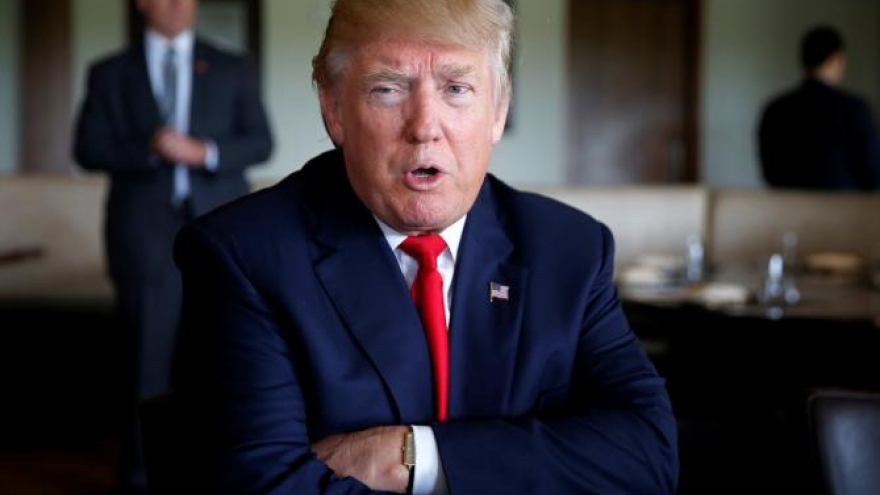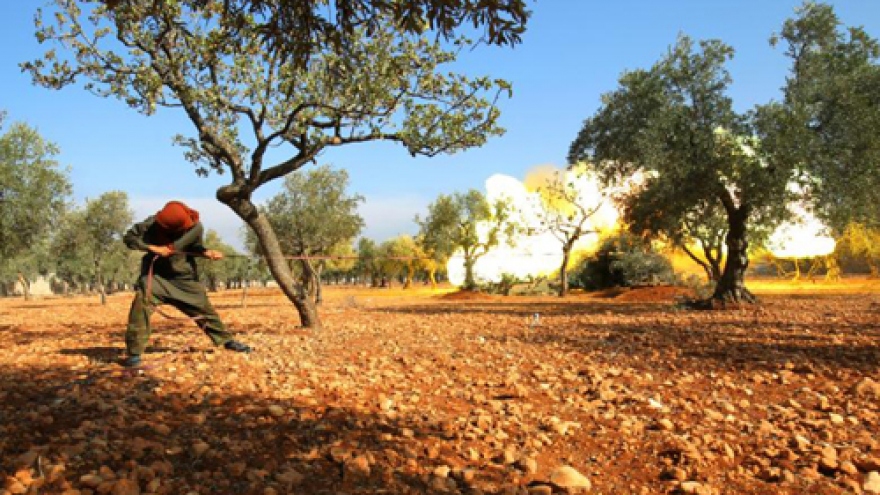Iraqi militia threatens Islamic State's supply route to Syria
Iraqi Shi'ite militias said on November 16 they had driven Islamic State fighters from an air base west of Mosul, a victory which would threaten the Sunni group's supply route from Syria to its last major stronghold in Iraq.
 |
| Iraqi special forces soldiers point guns at part of Mosul controlled by Islamic State fighters in Iraq. REUTERS/Goran Tomasevic |
The capture of the base, if confirmed, could be a significant development in the campaign to recapture Mosul, Islamic State's de facto capital since its forces swept through Iraq in 2014 and set up a self-declared caliphate in a swathe of Syria and northern Iraq.
Tal Afar lies about 60 km (38 miles) west of Mosul on the main road to Syria. Its seizure could also alarm Turkey, which is wary of Iraqi Shi'ite involvement in the civil war in Syria.
"Tal Afar will be the starting block for the liberation of all the area...to the Syrian border and beyond the Syria border," said Hadi al-Amiri, head of Badr Organization, Popular Mobilisation's largest component, in a video clip.
While the Shi'ite coalition is fighting Islamic State west of Mosul, regular army and police units are trying to advance from the other sides, backed by Kurdish Peshmerga fighters deployed in the north and the east.
Iraqi counter-terrorism forces breached Islamic State defenses in east Mosul two weeks ago but have faced resistance from the militants, who have fought back with suicide car bombs, snipers and waves of counter-attacks.
The campaign that began on Oct. 17 with air and ground support from a U.S.-led coalition is the biggest military
operation in Iraq in more than a decade of turmoil unleashed by
the 2003 invasion that toppled Saddam Hussein.
Popular Mobilisation, known locally by its Arabic name Hashid Shaabi, has said it plans to use Tal Afar base to take the battle against Islamic State into Syria, fighting on the side of President Bashar al-Assad, an ally of Iran.
Although it officially reports to Iraqi Prime Minister Haider al-Abadi, it is mainly trained and equipped by Iran.
Popular Mobilisation's advance towards Tal Afar, which had a mixed population of mainly Shi'ite and Sunni Turkmen before Islamic State captured it in 2014, has raised the prospect of sectarian strife and alarmed neighboring Turkey.
Turkish President Tayyip Erdogan said last month that Turkey was reinforcing its troops on the border with Iraq and would respond if the militias "cause terror" in Tal Afar.
Iraq's Abadi has sought to calm fears that the operation to
recapture Tal Afar would ignite sectarian tension or escalate
problems with Turkey, saying the attacking force that would enter the town will reflect its religious and ethnic make-up.
The Nineveh region surrounding Mosul is a mosaic of ethnic and religious communities - Arabs, Turkmen, Kurds, Yazidis, Christians, Sunnis, Shi'ites - though Sunni Arabs comprise the overwhelming majority.



